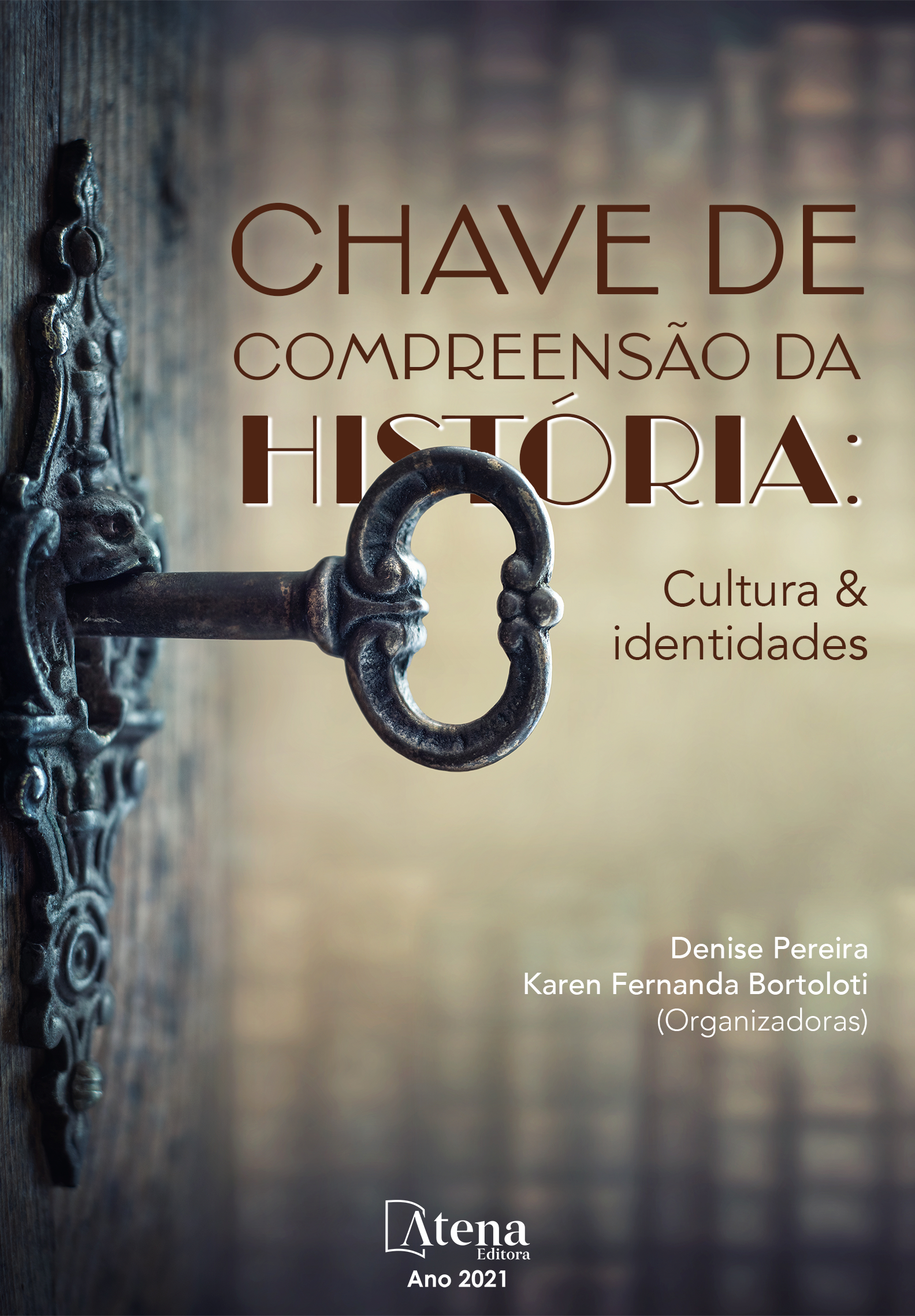
As reformas de políticas públicas educacionais no Brasil e o Ensino de História
O presente artigo trata da trajetória das políticas públicas educacionais para a educação básica no período que vai da ocorrência do regime militar brasileiro até os dias atuais e sua influência no ensino de História. Procurou-se tecer um panorama geral das transformações e discussões em torno do ensino de História durante o período militar, bem como os avanços e retrocessos das políticas públicas para esta área a partir de 1970 a 1990, com a promulgação da Lei nº 9394/96 e também dos Parâmetros Curriculares Nacionais, em 1997, apontando conquistas e desafios na elaboração das políticas públicas e das propostas curriculares, até chegar aos dias atuais, com a elaboração e implantação da Base Nacional Comum Curricular. Entre os desafios da elaboração dos currículos, está enfrentar as heranças do currículo tradicional, baseado na transmissão de conhecimento, na falta de criticidade e de reflexão, na educação para o trabalho, combater os movimentos antidemocráticos, negacionistas da educação e da ciência existentes atualmente, promover a formação continuada dos professores para a atuação no cenário educacional contemporâneo, resistir aos movimentos de elaboração de currículos prontos e desvinculados da realidade aproximando a prática pedagógica destas novas mudanças.
As reformas de políticas públicas educacionais no Brasil e o Ensino de História
-
DOI: 10.22533/at.ed.4722103121
-
Palavras-chave: Políticas Públicas. Currículo. Ensino de História
-
Keywords: Public Policy. Curriculum. History teaching.
-
Abstract:
This article delas with the trajectory of public educational policies for basic education in the period from the occurrence of the Brazilian military regime to the present day and its influence on history teaching. We sought to weve an overview of the teaching of History during the military period, as well as the advances and setbacks of public policies for this área from 1970 and 1990, with the enactment of Law No. 9394/96 and also of the National Curriculum Parameters, in 1997, pointing out achievements and challenges in the elaboration of public policies and curricular proposals, until reaching the present day, with the elaboration and implementation of the Common National Curriculum Base. Among the challenges of curriculum development is to face the legacy of the traditional curriculum, based on the transmission of knowledge, the lack of criticality and reflection, education for work, fighting the anti- democratic movements, denials of education and science that currently exist, promoting the continuing education of teachers to work in the contemporary educational scenario, resisting movements to prepare curricula that are ready and disconnected from reality, bringing the pedagogical practice closer to these new changes.
-
Número de páginas: 15
- Vanderlise Ines Prigol Reginato


